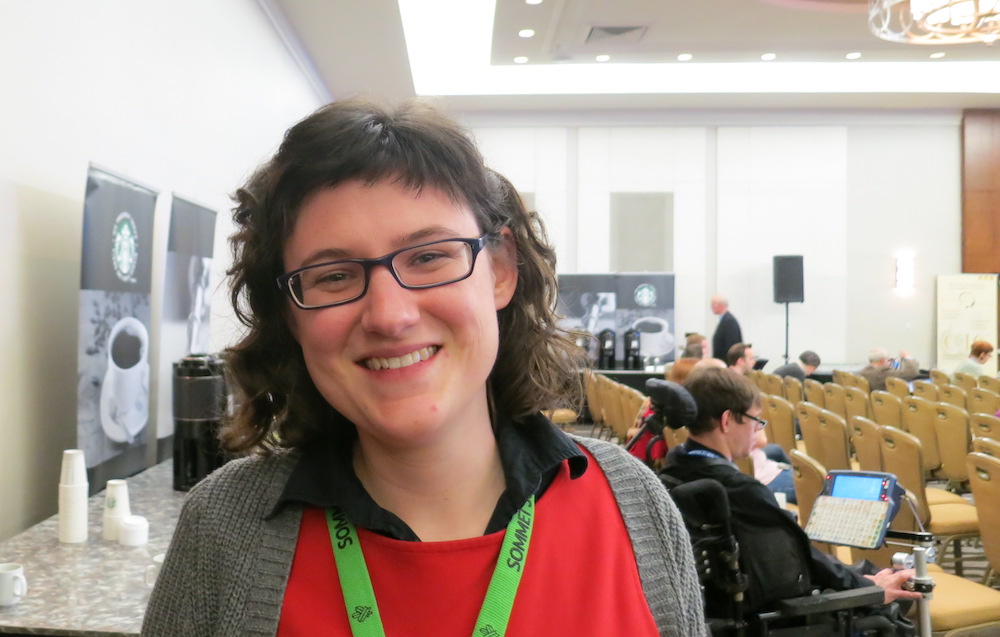Today is the 30th anniversary of the terrible massacre of 14 young women students at l’École Polytechnique de Montréal, apparently shot down for the imagined crime of daring to study to be engineers.
One would have thought three decades ago as the raw horror of that story unfolded through the evening that by now things would be better — for women, for society, for every one of us.
Since then, a lot of lip service, much of it sincere enough, has been paid to the need to recommit ourselves to find ways to end gender-based violence in Canada. But for all the years and all the fine words, not much has really changed.
In many ways, indeed, things are worse. Survivors of the tragedy are still battling to see simple and sensible controls on the ownership and use of firearms implemented in Canada. They are treated with scorn and, sometimes, threats. Women at work struggle to have workplace violence taken seriously as the occupational health and safety issue it is. This is a workplace reality that faces unrelenting institutional indifference from employers.
Not only has violence against women not gone away, it is actively encouraged in certain influential quarters of our society. Indeed, the internet has created a petri dish in which a virulent subculture of misogyny is flourishing.
This troubling state of affairs was brought forcefully to my mind yesterday morning as I waited in an airport to return to Edmonton and turned to Nora Loreto’s powerful essay on this topic in the National Observer. At the conference I had just attended, I had the opportunity to hear Loreto in person make some of the same points.
Every Canadian should read her essay — and especially every Canadian man, who should read it in a spirit of reflection and honest self-examination. For, as Loreto truthfully states, in 2019 as in 1989, “violence against women is mundane in Canada.”
“The École Polytechnique anniversary gives us a moment to confront an inconvenient truth: politicians and corporate media are actively making things worse,” she wrote. “They have failed to understand that men are radicalizing online; and, worse, many have found ways to exploit it, diminish it or simply ignore it.”
I won’t quote the article at too much length — Loreto is a talented writer and a fine journalist who speaks for herself. But some of her observations about what’s really dangerous in the current use of the internet as a vector for misogynistic violence, based on her experience as a young person of real courage willing to speak truths some people in our society don’t want to hear, bear repetition.
“Regardless of the threats that many of us who are high-profile receive, Canadian history tells us that their targets are rarely us,” she said. “Their violence is terrorism: it’s seemingly random and poses a danger to all Canadians.”
“The internet’s power to destroy social solidarity has been incredible and swift and, sadly, these protectors of the status quo seem happy to watch from the sidelines, sometimes cheering, sometimes sneering, but so far, never intervening to say, wait — if we don’t find a way to stop this, more people will be murdered.”
The refusal she highlights of so many politicians and most media to stop sneering and cheering and make a positive contribution is very real.
It’s a disgrace that Loreto herself has been all but shut out of our national media because of the right-wing rage, often expressed violently, her journalistic expositions and other commentaries have provoked.
It’s an embarrassment, too, since her work continues to be featured by the Washington Post. But then, from its historical and recent political coverage we already knew the Post is braver than the likes of The Globe and Mail, Postmedia and Maclean’s, prominent among Canada’s self-appointed fearless champions of white male fragility.
Good for the National Observer for giving Canadians a place to hear Loreto’s observations.
David Climenhaga, author of the Alberta Diary blog, is a journalist, author, journalism teacher, poet and trade union communicator who has worked in senior writing and editing positions at The Globe and Mail and the Calgary Herald. This post also appears on David Climenhaga’s blog, AlbertaPolitics.ca.
Image: David J. Climenhaga



